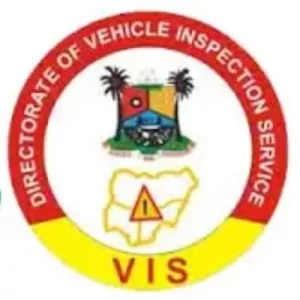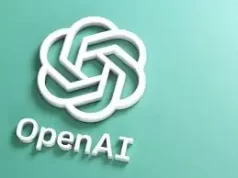The Directorate of Road Traffic Services (DRTS) and Vehicle Inspection Officers have announced plans to implement Artificial Intelligence (AI) at certain road intersections in the Federal Capital Territory (FCT) to improve traffic flow.


Mr. Kalu Emetu, the Head of Public Relations and Enlightenment at DRTS, FCT, shared this information in an interview with the News Agency of Nigeria (NAN) in Abuja on Thursday.

Join our Telegram Channel for Updates
Artificial Intelligence, described as a robot that emulates human thinking and can assume human responsibilities, will be deployed to assist in managing the escalating traffic in the city center.
Emetu emphasized the need for AI to support the efforts of DRTS personnel in ensuring that motorists adhere to traffic rules and regulations.
The implementation of AI has not commenced as the partners involved in the project are yet to finalize their arrangements. Emetu expressed confidence that once the partners conclude their preparations, the deployment of AI will significantly contribute to achieving seamless traffic flow in the FCT, particularly in the city.
He mentioned that traffic monitoring, a primary responsibility of DRTS, would benefit from the new technology, enhancing the cleanliness of the city and facilitating unrestricted movement.
Emetu highlighted the ongoing recording and installation of required equipment, stating that only a short period is needed to perfect the entire process before it becomes operational.
Additionally, Emetu revealed that traffic offenders would be required to pay fines for committed offenses, even during the test run. Offenders will be contacted regarding when, where, and how they violated traffic rules, and fines can be paid through the recently launched e-booking and e-ticketing system.
Emetu expressed optimism that the interface between DRTS personnel and motorists would be minimized with the completion of the project, providing motorists with increased confidence through the use of new technology.
He emphasized that AI would take on the role of monitoring activities at various intersections, enabling efficient identification of offenders and sending fines directly to their mobile phones. This approach aligns with the government’s e-payment channels for convenient and transparent transactions.












